Army Corps denies permit for Pebble Mine
Decision leaves proponent dismayed, contemplating next steps North of 60 Mining News – Newsletter exclusive, Nov. 25, 2020
Last updated 12/4/2020 at 7:03am
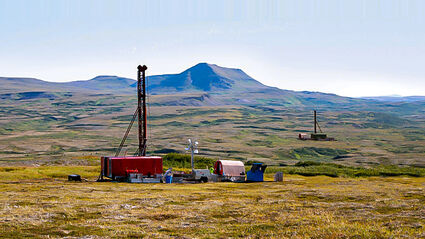
Pebble Limited Partnership
Drilling has outlined the largest undeveloped deposit of copper, gold, and rhenium known to exist on Earth.
In a major setback for building a mine at the largest undeveloped deposit of copper, gold, and rhenium known to exist on Earth, the U.S. Army Corps of Engineers has denied federal permits for the Pebble project in Southwest Alaska.
Pebble has been roiled in controversy, largely due to its proximity to the Bristol Bay watershed, which hosts a world-class salmon fishery.
Pebble proponents have said a modern mine could be developed that co-exists with fishery, while opponents contend that the Bristol Bay region is too unique to take a chance.
Sen. Lisa Murkowski, R-Alaska, who has otherwise been a strong proponent for mining in the state, recently weighed in on the conservation side of the Pebble argument.
"I have reached the same conclusion that Ted Stevens reached many years ago, 'this is the wrong mine in the wrong place'," she said during the Resource Development Council for Alaska annual convention, held earlier this month. "This is the only project in Alaska that I have opposed in my time here in the Senate."
At the time, Murkowski said she hoped the Army Corps would deny Pebble permits when it issued the record of decision, which would prevent a potential precedent setting Clean Water Act veto by the U.S. Environmental Protection Agency.
The federal lead agency for permitting the Pebble Mine project did just that.
"In its record of decision, (Army Corps) determined that the applicant's plan for the discharge of fill material does not comply with Clean Water Act guidelines and concluded that the proposed project is contrary to the public interest," Army Corps of Engineers Alaska Commander Col. Damon Delarosa penned in a Nov. 25 email.
Pebble Limited Partnership, the company that has been advancing exploration and permitting of Pebble for more than a decade, said it is disappointed by the decision and is weighing its options going forward.
"We are obviously dismayed by today's news given that the USACE had published an environmental impact statement in July that clearly stated the project could successfully co-exist with the fishery and would have provided substantial economic benefit to the communities closest to the deposit," said Pebble Limited Partnership CEO John Shively. "One of the real tragedies of this decision is the loss of economic opportunities for people living in the area."
He said the politically driven decision to deny Pebble the federal permits needed to develop a mine has also denied many in the Bristol Bay region hope for improved economic conditions.
"This is also a lost opportunity for the state's future economy – especially at a time when Alaska is seeing record job losses from the impacts associated with COVID," Shively added.
At the national level, the mine could have also delivered significant quantities of metals that are increasingly critical to low-carbon technologies and national security.
According to a calculation completed earlier this year, Pebble hosts 6.5 billion metric tons of measured and indicated resources averaging 0.4% (57 billion lb) copper, 0.34 grams per metric ton (71 million ounces) gold, 240 parts per million (3.4 billion lb) molybdenum, 1.7 g/t (345 million oz) silver and 0.41 ppm (2.6 million kg) rhenium.
This porphyry deposit also hosts 4.5 billion metric tons of inferred resource averaging 0.25% (25 billion lb) copper, 0.25 g/t (36 million oz) gold, 226 ppm (2.2 billion lb) molybdenum, 1.2 g/t (170 million oz) silver and 0.36 ppm (1.6 million kg) rhenium.
This makes Pebble the largest undeveloped deposit of copper, gold, and rhenium on Earth.
Electric vehicles, solar and wind power installations, as well as the energy infrastructure required to enable these technologies, require substantially more copper than the transportation and energy systems they replace.
"The Pebble deposit contains minerals such as copper that are in the national interest as they will be necessary to support the nation's transition to more renewable sources of energy and a lower carbon future," said Shively. "President-elect Biden has stated that increasing domestic copper production will be an important step in meeting these goals."
Pebble management is now contemplating its options for potentially meeting these goals.
"For now, we will focus on sorting out next steps for the project including an appeal of the decision by the USACE," said Shively.


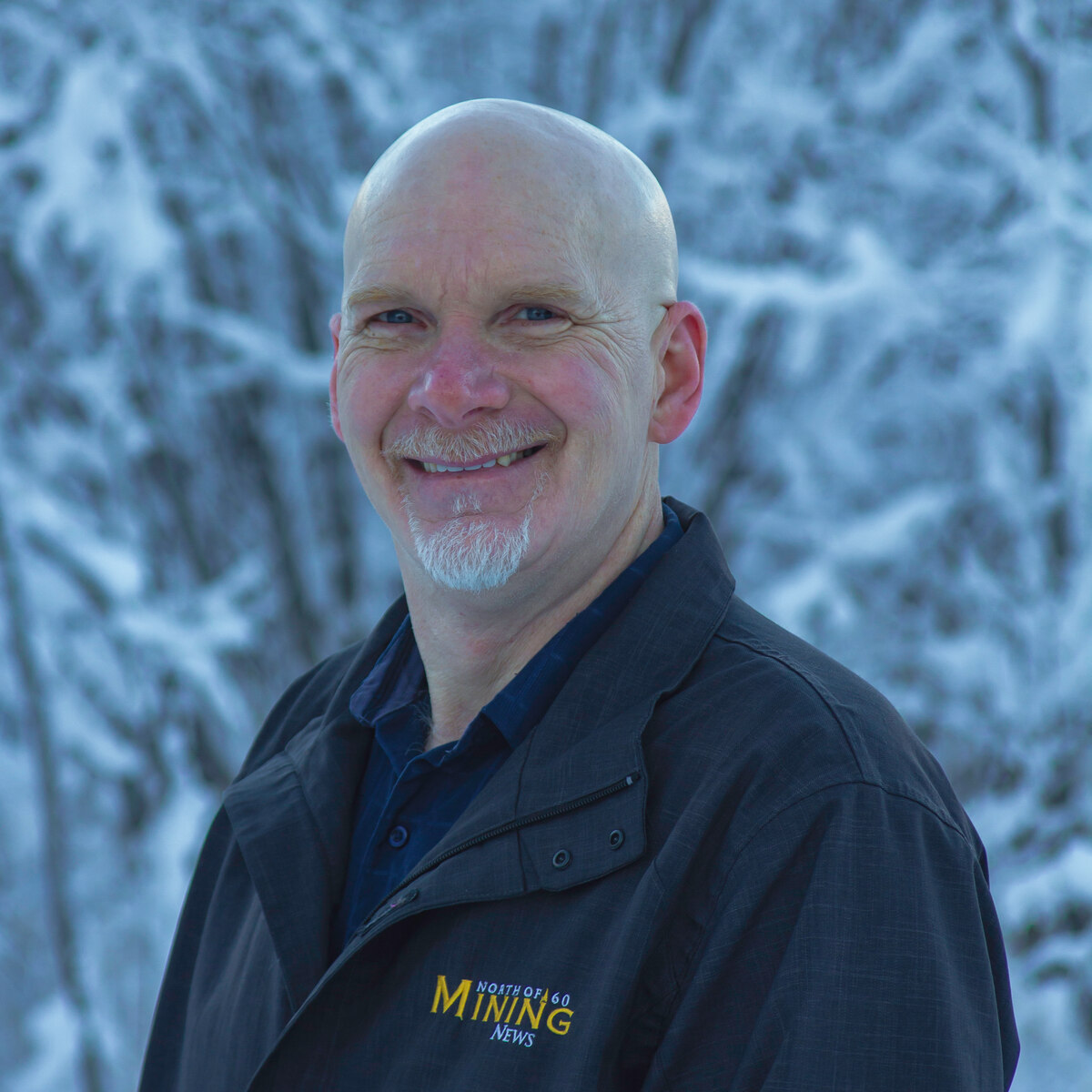





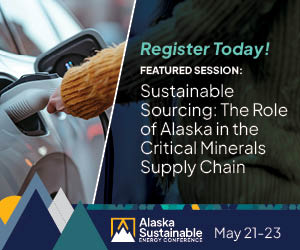
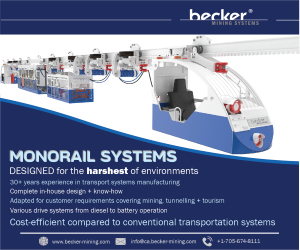

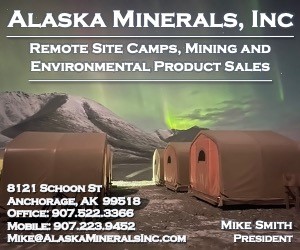
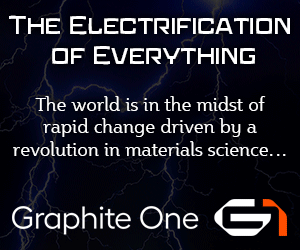


Reader Comments(0)